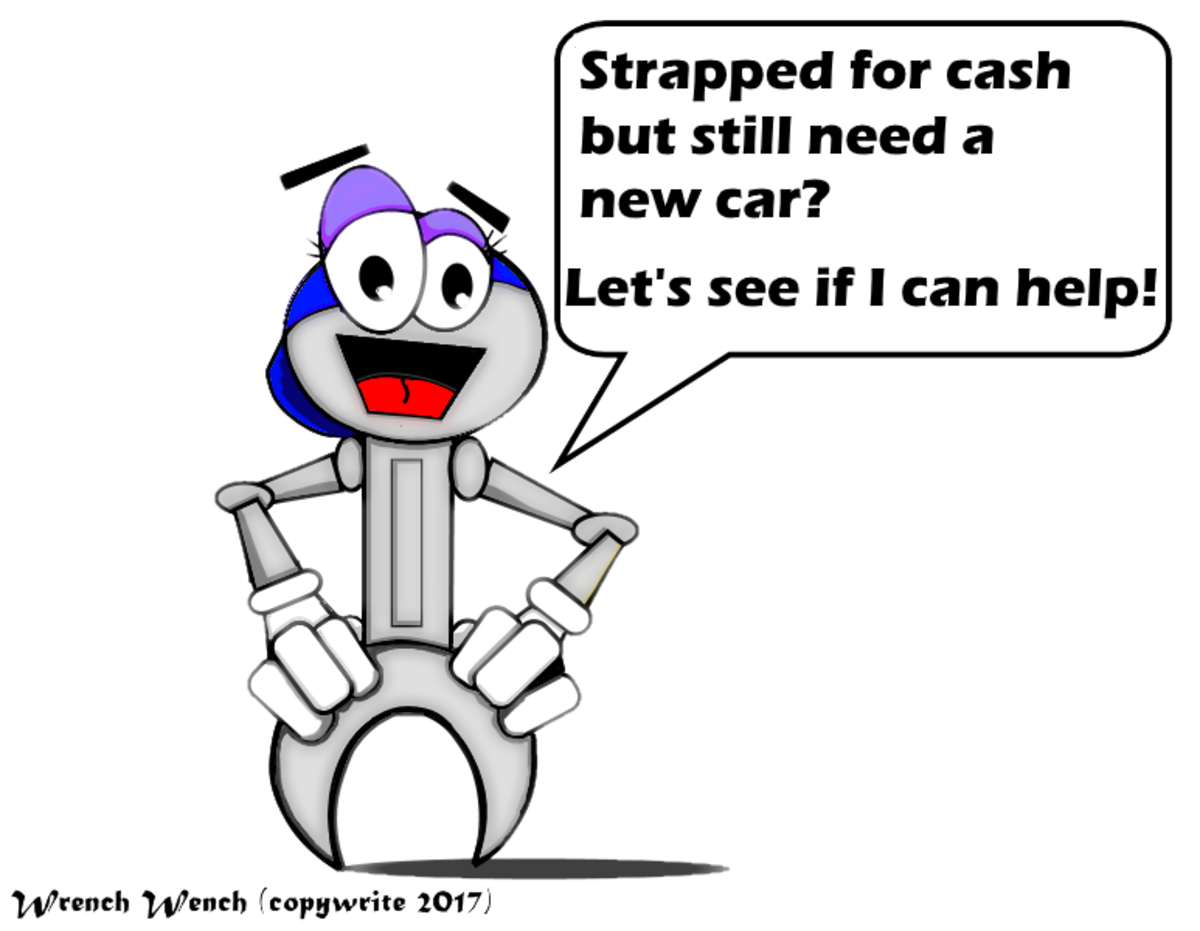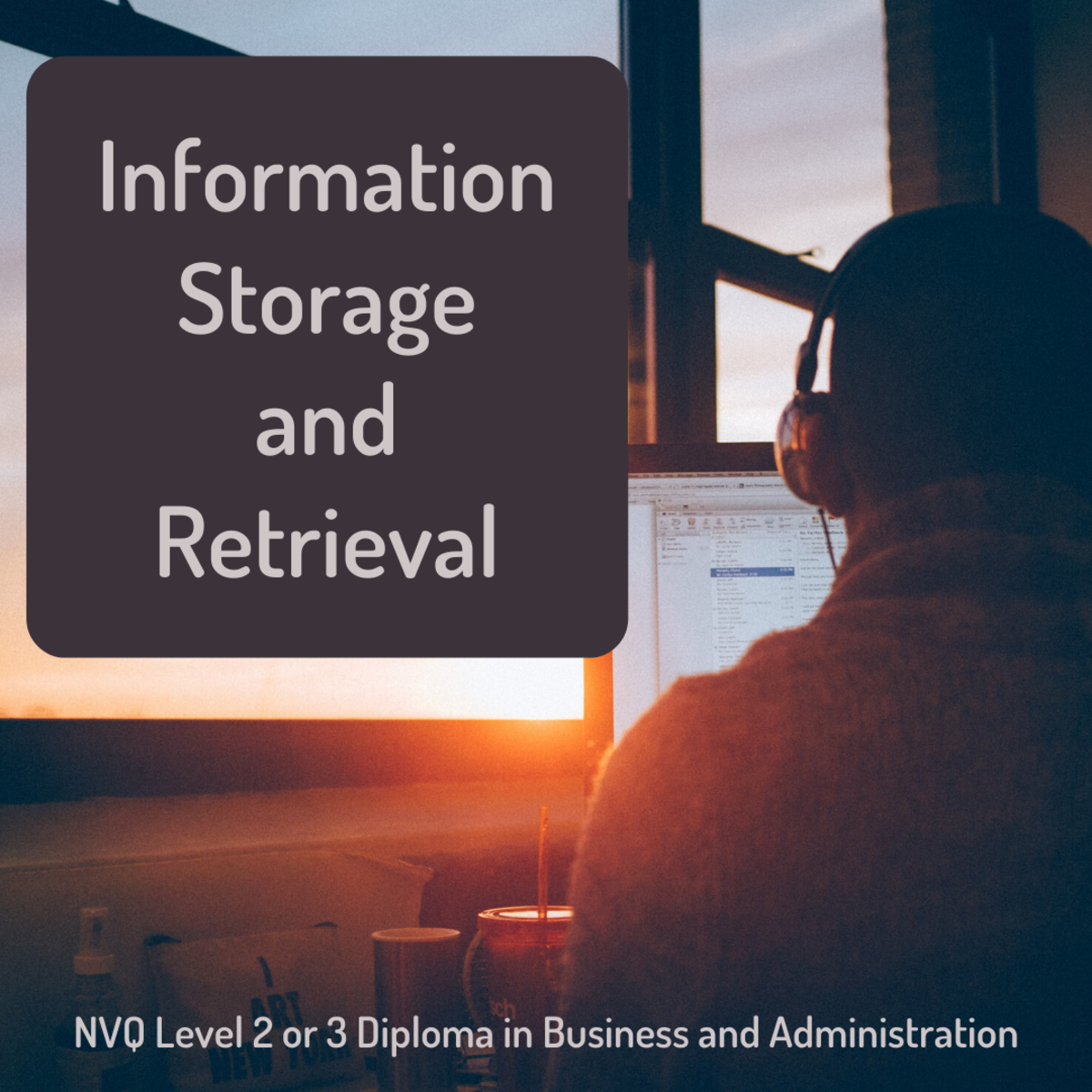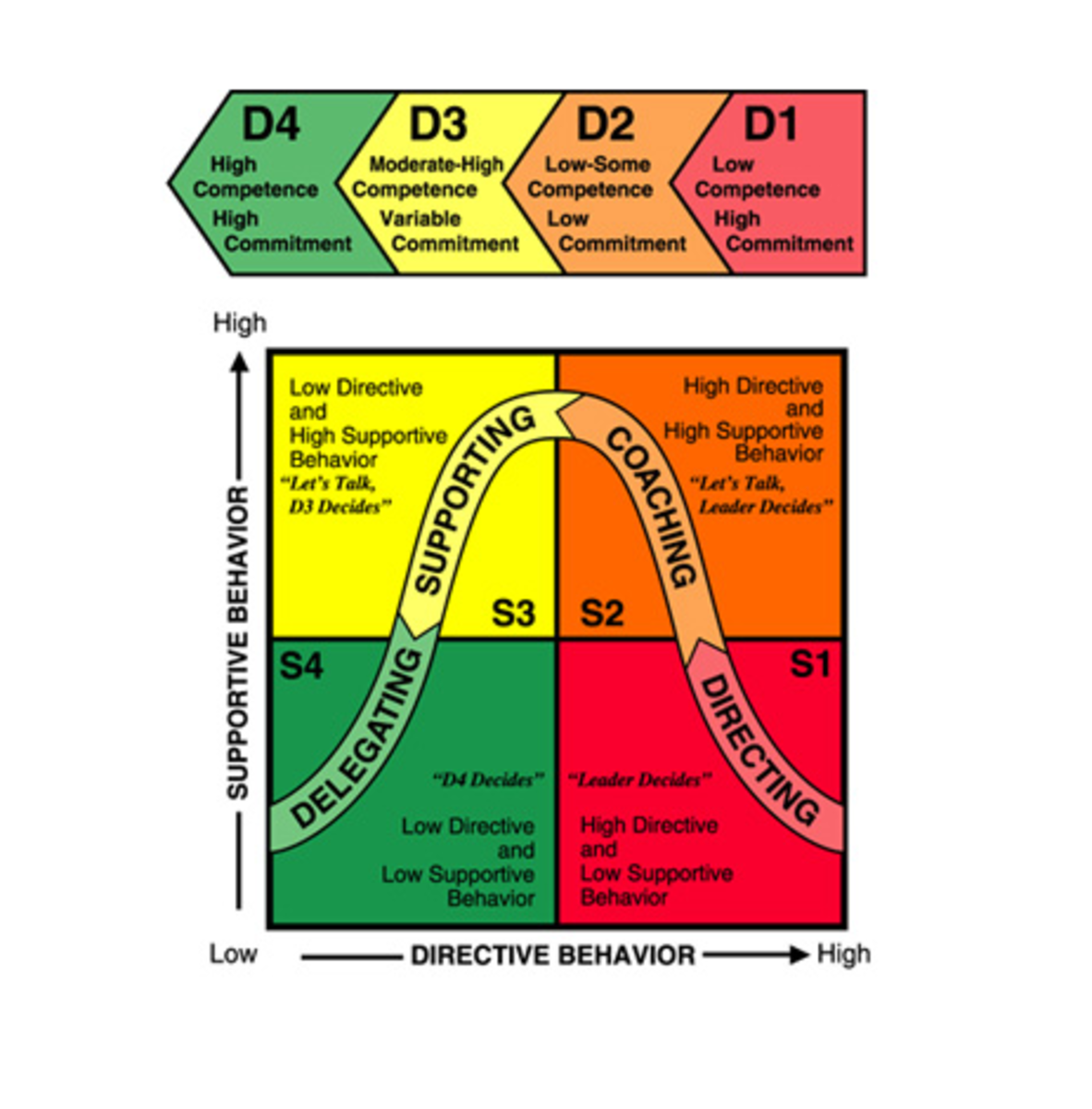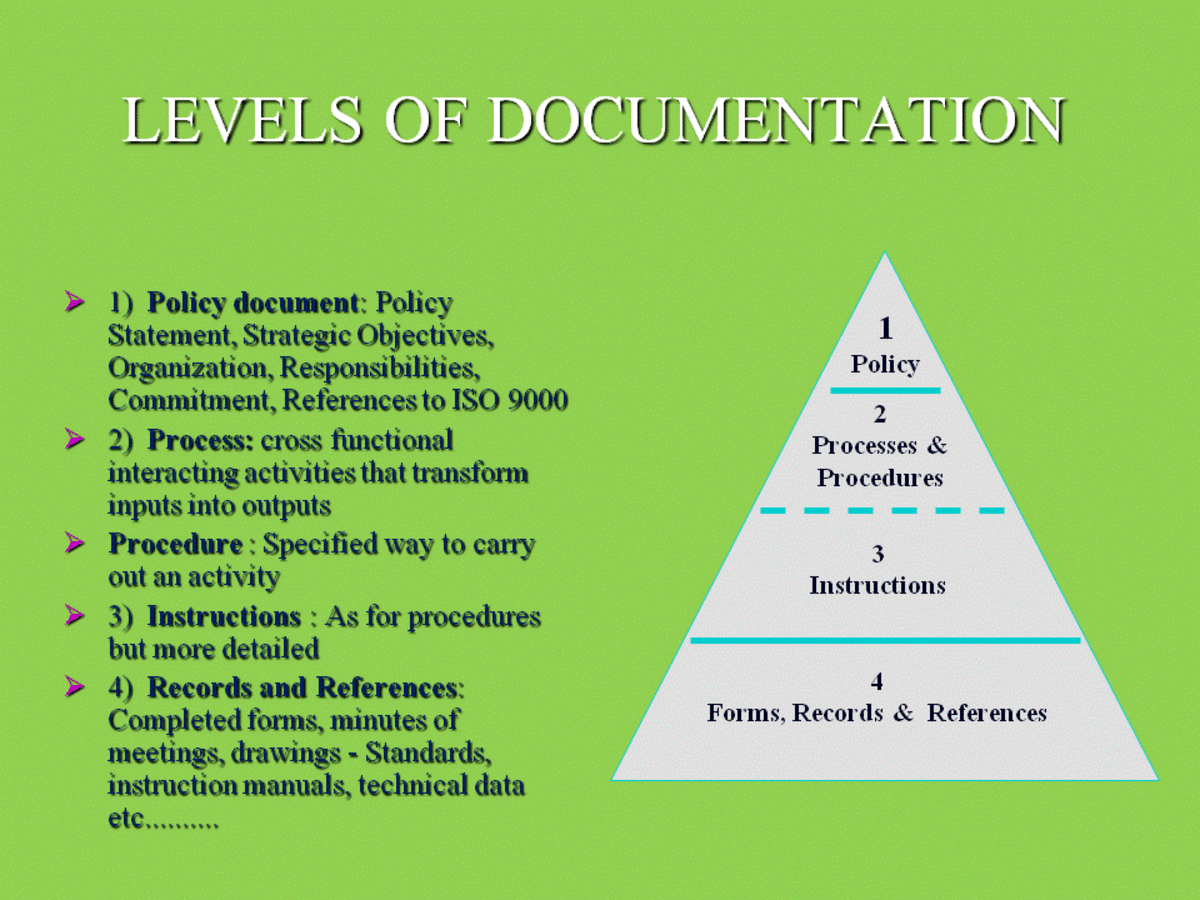Negotiate Like A Pro - While Keeping Your Friends
We negotiate every day. Sometimes we don’t even realise it.
From an early age, an infant will cry when they want something - seeking to be fed or comforted. When they get what they want, they stop - instantly. I remember at 6 that I agreed to be someone’s friend in exchange for one of their sweets.
Bigger issues follow. It might be getting a raise, buying a house, changing your phone contract or trying to land a new client. Or, it might be who is going to take the rubbish out, who will wash the dishes, when to have a baby, or whether to move closer to your parents rather than your partners.
Understanding the basics of negotiations affects us all!

Be willing to walk away.
The way our consumer shopping culture works is that you might decide that you really want something - you then start looking around to find it at the best price. You find what most people are paying, then if you find something at a discount you feel like you’ve got a good deal.
Great!
But this culture doesn’t teach us much about negotiation. The reality is that the negotiation starts long before you decide whether you want to buy the thing. It starts while you’re deciding whether you want to.
Unless you’re prepared to walk away from a negotiation, you can’t negotiate well. There are still things you can do (such as pretending you might walk away), but they won’t give you the best outcome. There may be times you decide to go ahead anyway, but before you do, always ask yourself:
- Do you really need to do the deal now?
- Do you need to do the deal with this particular person or supplier?
- What conditions would cause you to walk away?
Is it better to concede something of little value in order to create good will?
Seek to Succeed - Not to Win.
Most people think negotiation is about winning. ‘Good’ negotiators, they say, are those who get their own way at any cost. We’ve all met those people. You always walk away from them feeling like you’ve been shafted.
They couldn’t be more wrong. Good negotiations should make all parties feel better. If you go in to a negotiation seeking to win, then you’ll view your negotiation partner as an enemy to be conquered, rather than a partner to deal with.
Of course, you still want to get the best possible deal that you can - but doing so has nothing to do with winning. It has everything to do with understanding the terms of engagement.
Depending on the circumstances, you might find that you will want to do business with the same people again and again. I had a friend who traded farm vehicles and there were a handful of suppliers who always had things in stock that he needed. He would always get a good deal - and never paid the full asking price, but I remember him saying a great bit of advice:
Always leave a bit of meat on the bone.
It doesn’t have to be costly, but it meant that when they had a popular item in, they’d always let him know.

Don't Give Yourself Away
There’s a school of thought in some negotiations that says it’s best to hand over something early to show that you’re someone who wants to do business. Suck them in and then land the killer deal.
The UK Government just agreed a big tax deal with google - they have paid a small £130m on the billions of pounds they’ve made over the last few years. The context is that the UK want to sign some big contracts with google to run enterprise software solutions.
So the question is - was being generous in the tax deal likely to make google more generous in the enterprise software solutions?
The answer is no - every negotiation stands alone. Google will treat the new deal in complete isolation, and it would be strange to sit there and remind them of the previous deal. The answer would be simple - that was a different deal.
In fact, if you’re generous at the start of a negotiation you’re likely to find yourself coming out far worse off. You may decide to be generous at the end of a negotiation but we’ll get to that later.

Work out what you value - and what they do
The thing which is of little value to you - which you might be happy to hand over early on in order to build rapport, may be the very thing that your negotiation partner values the most.
In October 2012, Disney announced they had acquired LucasFilm, home of the Star Wars brand from George Lucas, for $4.05bn. George Lucas the sole shareholder was beginning to plan his retirement and holding on the LucasFilm forever was no longer quite so necessary. Disney wanted to grow - and to cement its position as a leader in animation and superhero films. It has already been burnt by the huge success of Pixar, arising after it sponsored them to produce Toy Story, and wanted to ensure that it could dominate the market for years to come.
So Disney wanted the thing that George Lucas no longer needed. The best negotiation is one where you trade the maximum value you can get for everything you are willing to give away.
Before you engage - make a list of everything that you could potentially trade. Then once you’ve spoken to them, see if you can find out everything you think they value and want.
Negotiation is first about trading knowledge before substance. Make sure you have all the information about every possible thing you want before you engage.

Don't Make the First Offer
Never make the first offer. Whether it is for a raise, or for a contract deal. Think back to our consumer culture - we think price only after we’ve decided to buy. You want to set up the conversation so that you know what your negotiation partner wants to achieve - and that they approach you to do so.
This applies even if you’re buying something - it just isn’t financial. I once was looking to buy a whole load of security hardware for a national firm I was working with. I needed about 500 items and had a budget of around $3m to do so. I went looking at the options, and a few people came to me and said they wanted to sell theirs to me. I explained what I was looking to do - that I was looking to buy some units. However, I didn't say a price or that I was definitely going to go with them. I built relationship - sought to understand their needs and my own, and then they made the first offer.
I ended up getting the units I wanted at 44% lower than the price they quoted. Why? Because they knew there was a risk that I might go elsewhere; they needed to drop their price to a place I’d meet them, rather than me needing to raise mine to meet theirs. Also, because I invested in the relationship, I learnt that they wanted to try out some new features to improve their product - so I got to make use of a brand new model before anyone else, and paid less for the privilege.
There are a few exceptions - like if a property you absolutely love is listed for sale at a fixed price. You sometimes have to offer first, but if you can avoid it, do so.








